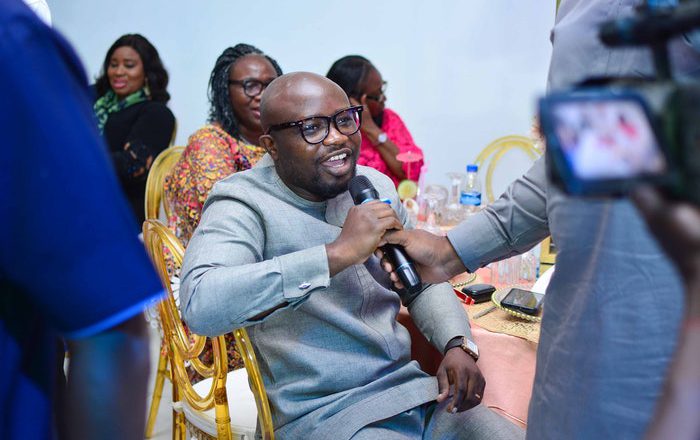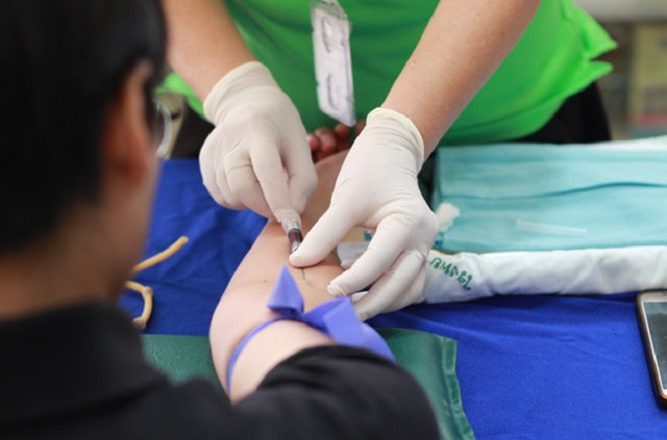Why Vaccines From Pfizer And Moderna Are A Breakthrough, How They Work And Why They Need To Be Kept So Cold
As the weather cools, the number of infections of the COVID-19 pandemic are rising sharply. Hamstrung by pandemic fatigue, economic constraints and political discord, public health officials have struggled to control the surging pandemic. But now, a rush of interim analyses from pharmaceutical companies Moderna and Pfizer/BioNTech have spurred optimism that a novel type of vaccine made from messenger RNA, known as mRNA, can offer high levels of protection by preventing COVID-19 among people who are vaccinated.
Although unpublished, these preliminary reports have exceeded the expectations of many vaccine experts, including mine. Until early this year, I worked on developing vaccine candidates against Zika and dengue. Now I am coordinating an international effort to collect reports on adult...



